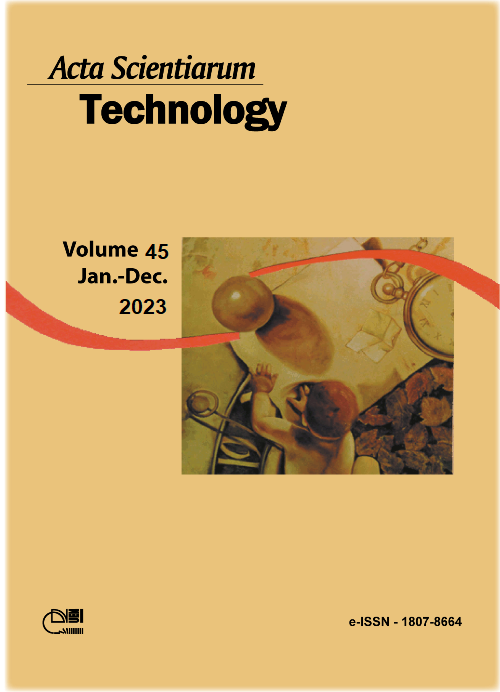Mixture Design of Experiments as Strategy for Portfolio Optimization
DOI:
https://doi.org/10.4025/actascitechnol.v45i1.63500Keywords:
portfolio optimization; computational replicas; desirability.Abstract
Portfolio analysis is widely used by financial investors to find portfolios producing efficient results under various economic conditions. Markowitz started the portfolio optimization approach through mean-variance, whose objective is to minimize risk and maximize the return. This study is called Markowitz Mean-Variance Theory (MVP). An optimal portfolio has a good return and low risk, in addition to being well diversified. In this paper, we proposed a methodology for obtaining an optimal portfolio with the highest expected return and the lowest risk. This methodology uses Mixture Design of Experiments (MDE) as a strategy for building non-linear models of risk and return in portfolio optimization; computational replicas in MDE to capture dynamical evolution of series; Shannon entropy index to handle better portfolio diversification; and desirability function to optimize multiple variables, leading to the maximum expected return and lowest risk. To illustrate this proposal, some time series were simulated by ARMA-GARCH models. The result is compared to the efficient frontier generated by the traditional theory of Markowitz Mean-Variance (MVP). The results show that this methodology facilitates decision making, since the portfolio is obtained in the non-dominated region, in a unique combination. The advantage of using the proposed method is that the replicas improve the model precision.
Downloads
Downloads
Published
How to Cite
Issue
Section
License
DECLARATION OF ORIGINALITY AND COPYRIGHTS
I Declare that current article is original and has not been submitted for publication, in part or in whole, to any other national or international journal.
The copyrights belong exclusively to the authors. Published content is licensed under Creative Commons Attribution 4.0 (CC BY 4.0) guidelines, which allows sharing (copy and distribution of the material in any medium or format) and adaptation (remix, transform, and build upon the material) for any purpose, even commercially, under the terms of attribution.
Read this link for further information on how to use CC BY 4.0 properly.















8.png)




